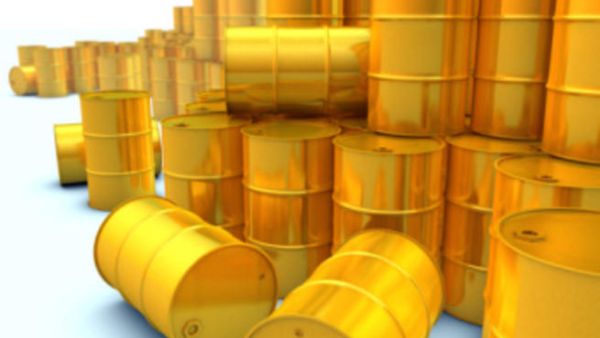Saudi Arabia has raised oil exports and the US is considering releasing crude from its strategic reserves as oil prices hit nine-month highs and concerns deepened over Iran’s nuclear programme. Brent crude surged to over $125 a barrel after the UN’s nuclear watchdog issued a report flagging the potential military nature of Iran’s nuclear programme, following an aborted UN inspection mission to Iran.
The report heightened fears of a supply disruption and could stoke worries in Israel, which has threatened Iran with pre-emptive strikes on nuclear sites. That would send shockwaves across the region and almost certainly drive oil prices even higher. Top oil exporter Saudi Arabia increased exports over and offered additional crude to its biggest customers to tame runaway prices, industry sources told Reuters.
US sanctions on Iran’s oil buyers, as well as a European Union oil embargo to begin July 1, have already forced its customers in Europe and Asia to curb purchases from the world’s fifth-largest crude exporter. The Saudi move comes as the Obama administration studies tapping crude from the Strategic Petroleum Reserve among possible measures to offset any Iranian supply disruptions, according to sources familiar with the discussions.
Treasury secretary Timothy Geithner told CNBC there may be a case for using the reserve. “Obviously Iran can do a lot of damage to the global economy,” Geithner said. “We are working very carefully to try to minimise that risk.” The fear of tightening supplies, including a threat from Tehran to close the Strait of Hormuz – the main Gulf oil shipping lane – have lifted oil prices 11 per cent this year, putting political pressure on President Barack Obama, who is running for re-election in November.
Prices at the US gasoline pump are the highest on record for February. They hit $3.65 a gallon, up 13 per cent from last year, according to AAA. That has raised concern that any oil market disturbance could hoist them well over $4 during the US summer driving season – when demand in the world’s largest oil consumer tends to be highest. The International Monetary Fund has also warned higher oil prices are a rising threat to the global economy.








